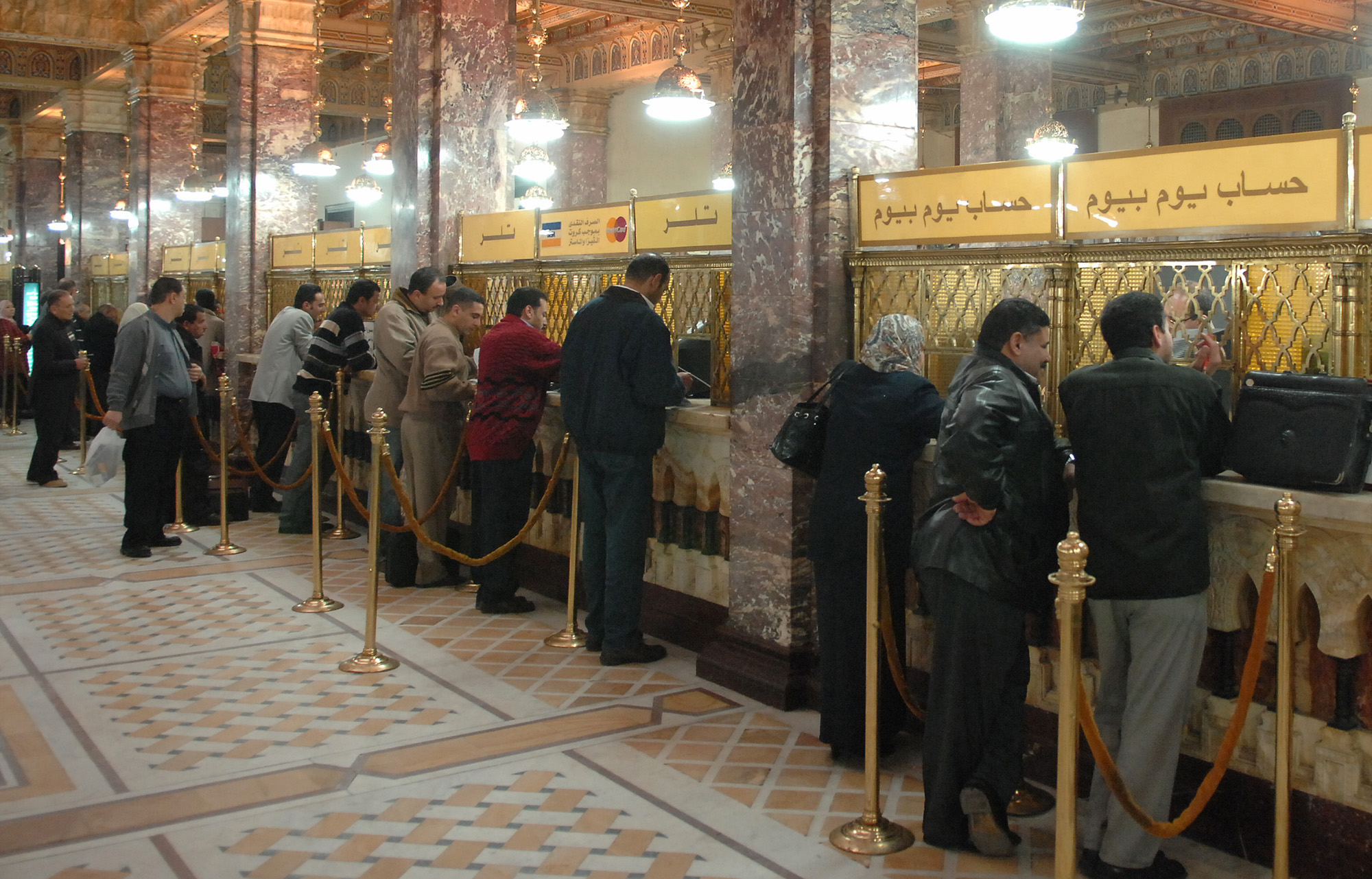 There are opinions that the west, specifically the United States, facilitated the transfer of political power in Egypt to the Muslim Brotherhood. Others state that the west held no reservations or objections to Brotherhood’s rise. But no one can deny that the west was not only enthusiastic but supportive of this transfer. This political stance has three possible interpretations, with each one reflecting the fundamental bases of the west’s and the Brotherhood’s policies.
There are opinions that the west, specifically the United States, facilitated the transfer of political power in Egypt to the Muslim Brotherhood. Others state that the west held no reservations or objections to Brotherhood’s rise. But no one can deny that the west was not only enthusiastic but supportive of this transfer. This political stance has three possible interpretations, with each one reflecting the fundamental bases of the west’s and the Brotherhood’s policies.
The first interpretation entails that the west did not act in favour of the Brotherhood specifically, but acted on the side of the right of people to democratic self-determination. There is an inherent support of both the west and the Muslim brotherhood in this explanation as it demonstrates that the west does not base its decisions on self-interest (God forbid). Nor does it base its decisions on the prospect of a future political deal with the Brotherhood. The principle of Democracy is the foundation of its policies. In turn, the Brotherhood does not seek the west’s blessings but those of the people and based on the latter obtained the former.
The second interpretation can be viewed as a metaphor derived from a naughty Arabic proverb, which can be translated literally “He who enjoys shit, give him a spoon”, but has a meaning more akin to “you reap what you sow (and since we cannot stop you we’ll help you sow it).” Supporters of this explanation base their views on statements by officials and writers from the west who claim that western nations have had no hand in, and derive no benefit from, the political situation in Egypt. It is as if the west sees that because Egyptians chose the Brotherhood, they want to eat shit. And the west, because it has to deal with Egypt politically, will provide the spoon; the hands of the west are tied and it is forced to deal with the Brotherhood. A haughty perspective, as it not only views Egyptians as infantile but views the Brotherhood as the proverbial ‘shit’. This interpretation exonerates the west and derides the Brotherhood.
The third interpretation is that the west views the Brotherhood as an entity that possesses mass popular support and is fully capable of achieving its promises. Hence, the west, in particular the United States, supported the Brotherhood in exchange for the latter backing the former’s regional and international policies as well as the Brotherhood’s promise to enact certain domestic policies that the west sees as vital to preserving stability in Egypt.
I do not wish to go further into these varying interpretations. Especially since the third reason is multifaceted in terms of the nature, conditions, implementations, and the level of commitment to these promises. There are so many dimensions that they probably need their own separate article. Proponents of the third explanation see that other explanations don’t hold water. Especially since many in the west have demonstrated their resentment to the news of Morsy’s visit to Tehran. This move is perceived as the Brotherhood reneging on the understanding that Egyptian Iranian relations must remain sour and that these relations must somehow be governed by the west’s perception of Iran as a danger to the security and stability of the region. It is as if these circles are yelling in protest, “that’s not what was agreed upon!” From this we can conclude that this resentment was the trigger of the first criticisms by west of the Brotherhood since the 25 January revolution.
For their part, the Brotherhood took advantage of this growing resentment by having the office if the president issue grand declarations on the autonomy of the president and the nation. However, the official and sole motive of the trip, as given by sources, was to officially handover the chairmanship of the summit to Ahmadinejad, with Morsy only staying in Tehran for six hours. This did little to reassure those same resentful voices in the west.
Morsy’s speech at the summit sought to emphasise the revolution in Syria, and more importantly, his speech mentions the companions of the Prophet (peace be upon him) and the righteous caliphs in holy reverence and respect. And while this reverence may come naturally to Sunnis, these figures are reviled and hated by Shi’a, a fact Morsy knows all too well. The only reason for their public edification to a Shi’a audience can only be to provoke the Iranians and place a ‘spiritual’ hurdle to the improvement of Iranian Egyptian Relations. This act not only seemed to have turned some of his western detractors and earned their admiration but also (funnily enough) seems to have boosted his popularity in Egypt as he is perceived to have taken on Shi’a Iranians in their own home.
What is even more surprising is the absence of any Iranian response (retaliatory or otherwise) to this injury to their pride. On the contrary they seem to have turned a blind eye and attempted to whitewash this provocative response. The lauding of the righteous caliphs was not translated into Farsi by Iranian state television, and his praise of the Syrian Revolution was transformed into a praising the revolution in Bahrain. Why would Iran act with such ambivalence to this implicit insult? Iran needs Egypt in its confrontation with the west. At the very least it needs it to be neutral. It sees the danger of a strong government in Egypt allied to the west, especially one that possesses mass support and can reign in the people in case of an attack by the United States or Israel on Iran.
In conclusion, Iran is pushing for a stronger relationship between Cairo and Tehran. A relationship the Brotherhood does not seem willing to share with the Ayatollah and in the religious doctrinal dispute between Sunnis and Shi’a, they have found an exit strategy.




